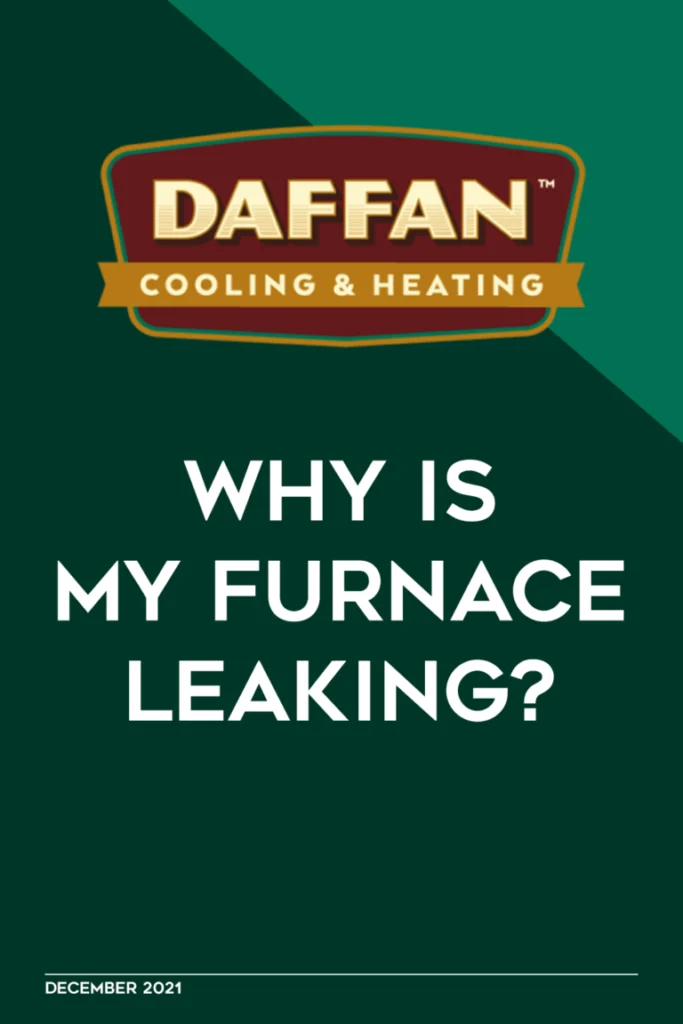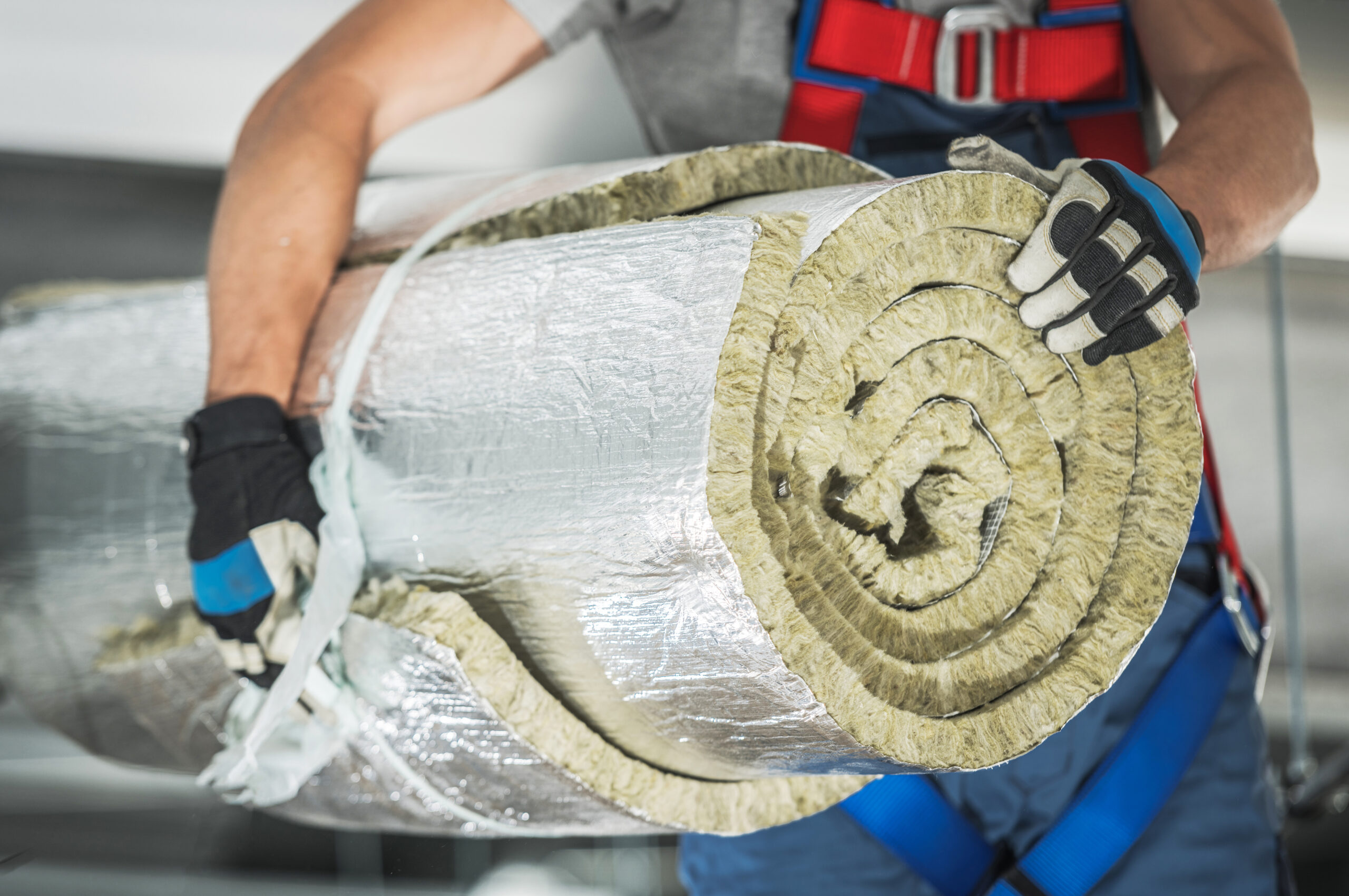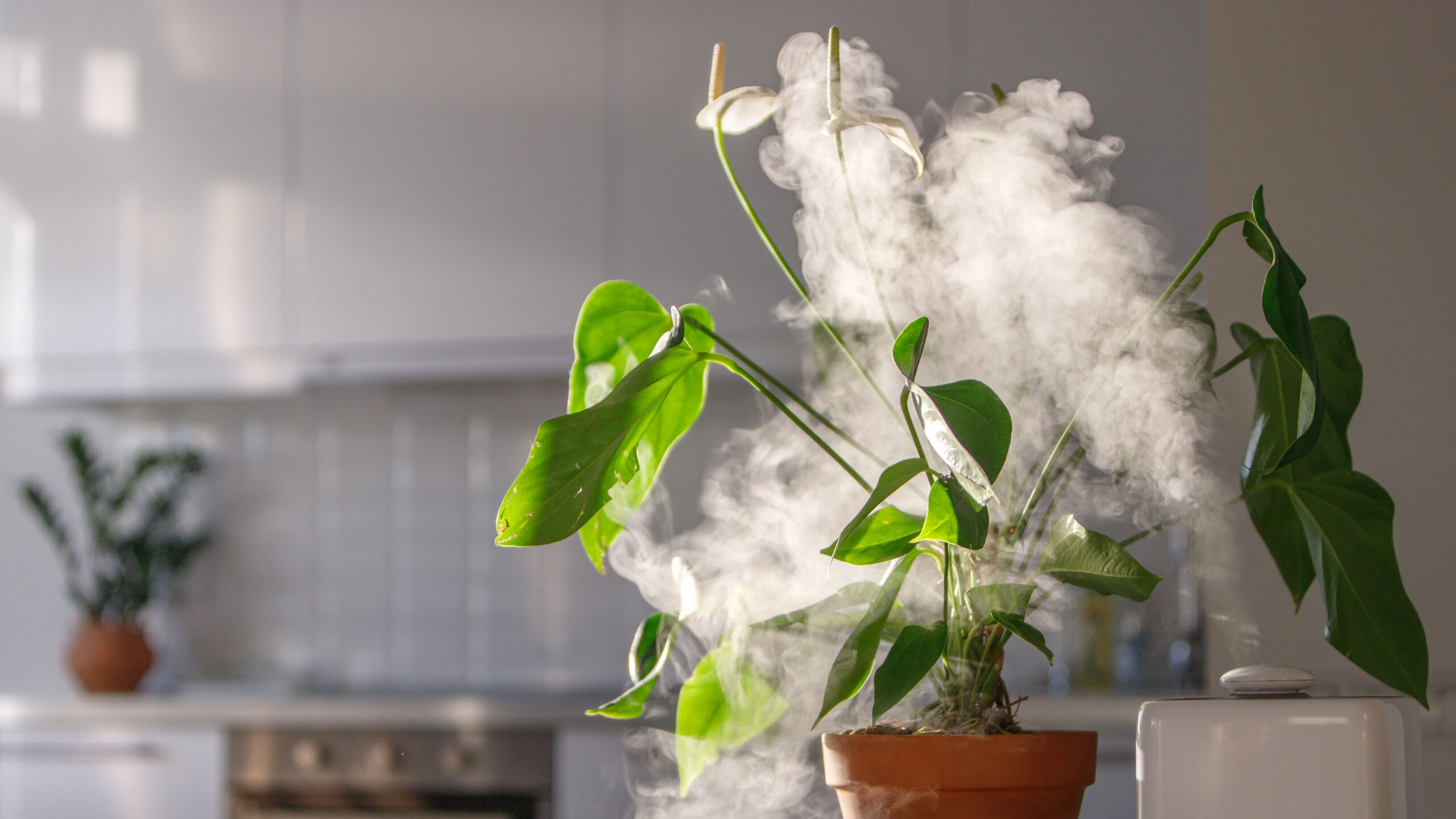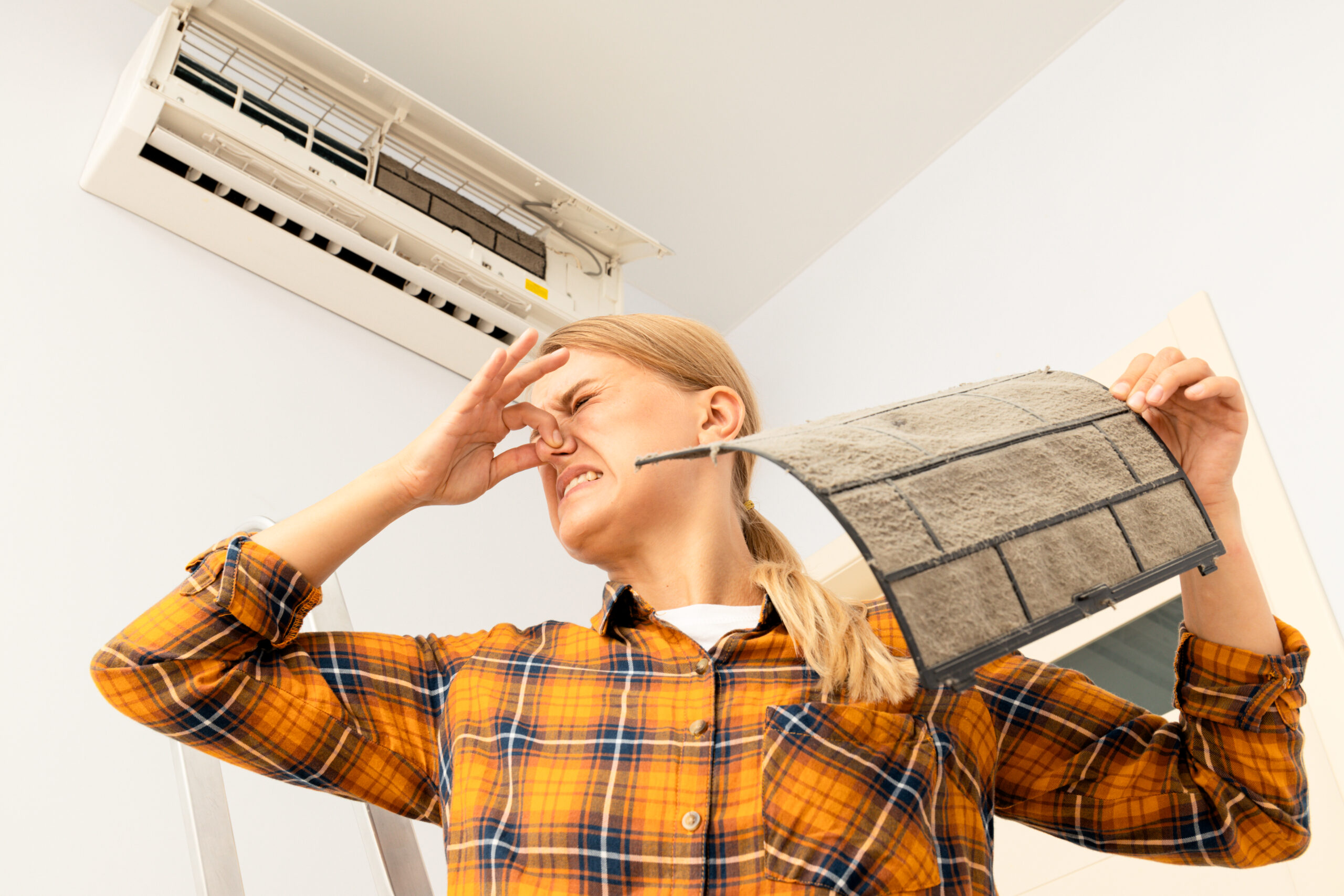Why Is My Furnace Leaking?
One of the most costly types of damages to a home is water damage. If your furnace is leaking water in your home, it could cause a long list of problems in Weatherford. The water could cause mold, which results in both health and financial consequences. There’s no easy way to get rid of mold, so you should do your best to avoid water damage. If you notice water leaking from your furnace, you should immediately call a professional heating service for help.
Why Would A Furnace Produce Water?
To comprehend how a furnace might produce water, you need to know how a furnace works. When the temperature inside of a home drops lower than the temperature on the thermostat, the thermostat sends a message to the control board of the furnace. It tells the system to turn on and begin heating. Then, the ignition switch kicks on, the gas valve opens, and the draft fan turns on. A combustion reaction makes the heat exchanger warmer, and gasses in the exchanger go into an exhaust pipe.
Finally, the blower fan pushes the cold air from your home through the heat exchanger. The air absorbs the heat and goes back into your home. While this all sounds simple, it requires many components to work smoothly.
Where The Water Comes In
The process above doesn’t mention anything about water, so where does the water come in? If you have a conventional furnace, it shouldn’t produce any water. But a high efficiency furnace produces condensation. It has a second heat exchanger that produces condensation, which could be why you have water in your home.
Once the burning gas leaves the heat exchanger, it goes into another heat exchanger. In this area, a water vapor forms, and the water transitions from a gas to a liquid form. Extra heat goes into the heat exchanger, and the system is more efficient.
Under normal circumstances, the condensation goes into a drain pan or straight into a drain. You may not actually notice the water unless you have an issue with your system.
Why Furnaces Leak
Assuming you have a high-efficiency furnace, there are a few reasons you might notice it leaking. One of the following could be the cause of your puddle:
- Condensate Drain Hose Clog: If there’s a clog in your drain hose, the water could leak out somewhere from a damaged pipe or connection. The fix for this is to remove the clog and repair the hose.
In some systems, there is also a condensate trap. You might need to clean out the trap to remove a clog, which could stop the leak. - Leaky Assembly: Another possibility is a leaky inducer assembly. After the water goes through the drain hose, it makes its way into the inducer assembly. A crack in this component could result in a leak.
- Clogged Condensate Pump: The condensate pump is where the water drains into and is the component responsible for pushing the water further on. If you have a clog in the pump, it may leak.
You can usually identify a clogged condensate pump by the location of the water. If the water is near the unit or you see rust stains in the cabinet, you could have the condensate pump to blame. - Broken Condensate Pump: If your condensate pump is between three and five years old, it may not work at all. A broken pump could be the reason for your leak, and a replacement pump may be the only solution.
Most condensate pumps only last three to five years. If you receive regular maintenance, your HVAC technician can identify a problem with the pump before it starts leaking. They may recommend a replacement.
Can A Standard Furnace Leak?
If you don’t have a high efficiency furnace, it can’t leak. However, there could be other sources of the leaking water. Before you call someone for heating and air conditioning service, check all of your appliances.
Air Conditioner Leak
While your heater might not be leaking, your AC could be producing water. It makes condensation, and sometimes that leaks out onto the floor.
Oftentimes, AC leaks are a result of the following:
- Damaged drain pan
- Frozen coil
- Clogged Drain line
- Broken condensate pump
Water Heater Leak
It’s also possible that the water is coming from your water heater. If your furnace is near your water heater, you might not be able to tell the source of the leak. The problem could be a loose drain valve.
Sometimes, water heaters crack and leak. If you have hard water, your tank is likely to crack from corrosion.
Humidifier Leak
If you have a whole home humidifier, it could be leaking and causing water damage. Not all homes have this appliance, but the ones that do could experience leaking.
The humidifier must connect to a plumbing supply. Over time, the water lines could crack, clog, or break. The result is a dangerous leak.
Are You Worried About Leaking Water?
You shouldn’t ignore any water leaks in your home. Wherever the water is coming from, it could do damage. For one, the water could cause rust to form. Once rust develops on your furnace, it begins to take over. You can expect to need frequent repairs.
If rust forms on the heat exchanger, carbon monoxide could be released into your home. The hazardous gas is hard to detect and comes with many health risks. You should call for help as soon as you notice rust on your furnace.
Finally, there’s the danger of a shock or fire. Water and electricity are never a good mix. If the leak is near a power source, your entire home could be in danger.
Call A Heating Service For Help
If you think your furnace is leaking water, don’t ignore the issue. You should call for help right away. There’s no reason to put your home or health on the line, and your system may even be under warranty.
Here at Daffan Cooling and Heating, we want to help you. Call our Weatherford heating service as soon as you find a leak.









